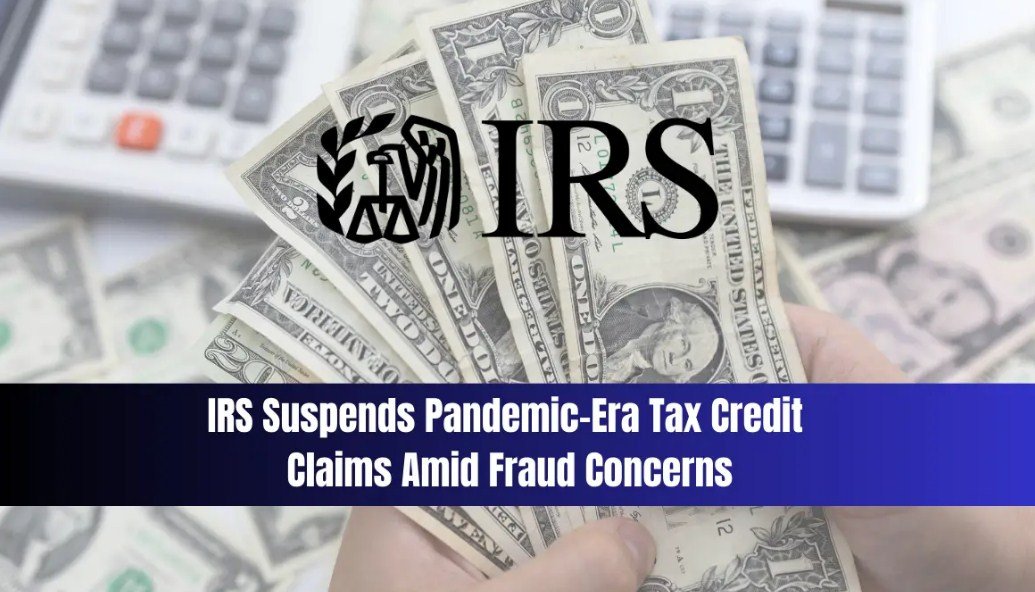What is the employee retention tax credit?
The employee retention tax credit (ERC) is a tax relief program that was enacted during the Covid-19 pandemic to help small businesses and tax-exempt organizations that paid employees during government-mandated shutdowns or experienced a significant decline in gross receipts. The ERC allows eligible employers to claim a refundable tax credit against certain payroll taxes for up to $5,000 per employee in 2020 and up to $28,000 per employee in 2021.
Why did the IRS halt new claims for the ERC?
On September 14, 2023, the IRS announced an immediate moratorium on processing new claims for the ERC through at least the end of the year. The reason for this decision was the rising number of questionable claims and fraudulent schemes involving the ERC, which put honest small business owners at risk of being scammed by unscrupulous actors. The IRS said that a substantial share of new claims from the aging program were ineligible and that a cottage industry of specialist firms had emerged to pressure small businesses to wrongly claim the tax relief.
IRS Commissioner Danny Werfel said that the IRS was increasingly alarmed by the situation and could no longer tolerate the growing evidence of abuse. He urged small businesses to review their claims with a qualified tax professional and to use the detailed ERC eligibility checklist provided by the IRS. He also warned that businesses that received ERC payments improperly would have to pay them back, along with penalties and interest.
What are the implications of the IRS moratorium for small businesses?
The IRS moratorium means that small businesses that have not yet filed their claims for the ERC will have to wait until next year to do so, unless the IRS lifts the moratorium earlier. The IRS said that it would issue further guidance on how to withdraw unprocessed ERC claims, as well as a settlement program for small businesses that want to voluntarily repay erroneous ERC payments.
The IRS moratorium does not affect the processing of previously filed ERC claims that were received before September 14, 2023. However, the IRS said that it would increase its compliance reviews and audit work on these claims, as well as pursue criminal investigations on promoters and businesses filing dubious claims. The IRS said that hundreds of criminal cases were being worked and thousands of ERC claims had been referred for audit.
The IRS emphasized that payouts for these claims would continue during the moratorium period, but at a slower pace due to the enhanced compliance checks. The IRS said that existing ERC claims would go from a standard processing goal of 90 days to 180 days, and much longer if the claim faced further review or audit. The IRS may also seek additional documentation from the taxpayer to ensure it is a legitimate claim.
How can small businesses protect themselves from ERC scams?
Small businesses that are interested in claiming the ERC should be aware of the eligibility criteria and the documentation requirements for the program. They should consult with a qualified tax professional who has experience with filing ERC claims and who can advise them on their specific situation. They should also be wary of any unsolicited offers or aggressive marketing from firms or individuals claiming to help them obtain ERC payments.
Some of the red flags that may indicate an ERC scam are:
- Promising guaranteed or inflated ERC payments
- Charging high or upfront fees for filing ERC claims
- Asking for sensitive personal or financial information
- Filing amended payroll tax returns without authorization
- Creating fake or inflated payroll records
- Claiming ERC payments for ineligible employees or periods
Small businesses that suspect they have been scammed or have received improper ERC payments should contact the IRS as soon as possible to report the issue and seek resolution. They can also visit the official IRS website for more information and resources on the ERC program.

